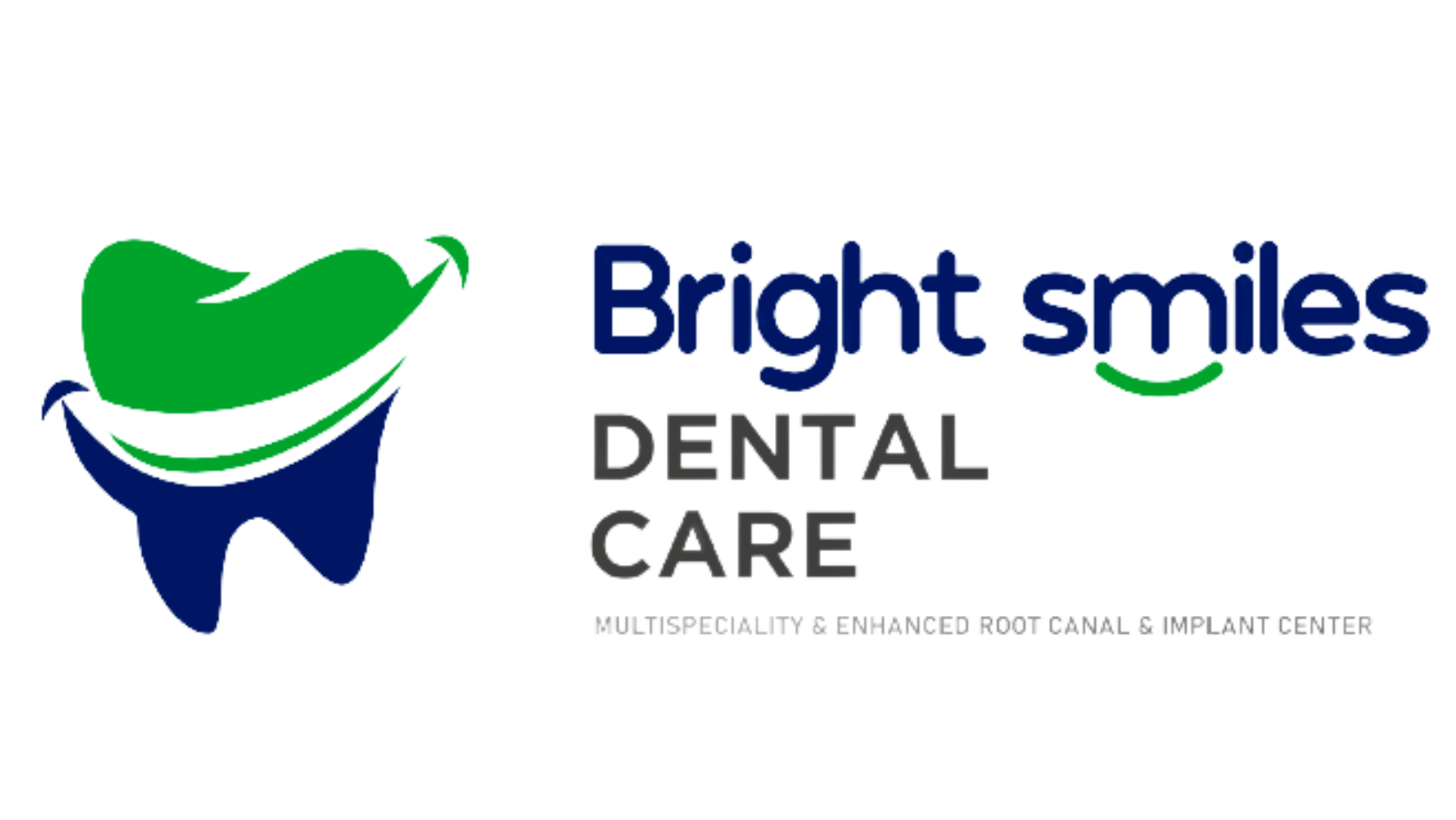- Abin George
- 0 Comments
As with any medical field, accurate and timely diagnoses are critical to effective treatment in dentistry. Diagnostic services in dentistry include a wide range of procedures and tools that help dentists identify oral health problems and create appropriate treatment plans.
what is Diagnostic Services?
Diagnostic services in dentistry refer to the use of various techniques and tools to identify and diagnose dental problems, such as cavities, gum disease, oral cancer, and other oral health issues. These services can include digital X-rays, intraoral cameras, oral cancer screenings, and other advanced technologies to accurately diagnose dental problems and develop personalized treatment plans for patients. Regular diagnostic exams are essential for maintaining good oral health and preventing serious dental problems.
Health Tips & Info
1.Regular check-ups: It is important to schedule regular dental check-ups to ensure that any potential dental issues are identified and addressed in their early stages.
Diagnostic imaging: Diagnostic imaging, such as x-rays, can help identify dental issues that may not be visible during a regular exam, such as cavities, bone loss, and impacted teeth.
Oral cancer screening: Diagnostic services can also include oral cancer screening, which can help detect oral cancer early when it is most treatable.
Good oral hygiene: Maintaining good oral hygiene, such as brushing twice a day and flossing daily, can help prevent dental issues from developing and ensure that any potential issues are detected early.
Benefits and Advantages of Diagnostic Services.
- Early Detection of Dental Problems: One of the main advantages of diagnostic services is that they allow for early detection of dental problems. Many dental problems, such as cavities and gum disease, are much easier to treat in their early stages. With regular dental check-ups and the use of diagnostic tools, such as X-rays and oral cancer screenings, dentists can identify potential issues before they become more serious and difficult to treat.
Customized Treatment Plans: Another advantage of diagnostic services is that they allow dentists to create customized treatment plans for each patient. By accurately diagnosing oral health problems, dentists can develop a personalized treatment plan that addresses the patient’s specific needs. This can result in more effective and efficient treatment, as well as a better overall patient experience.
Improved Patient Education: Diagnostic services can also help improve patient education. By using visual aids, such as X-rays and intraoral cameras, dentists can show patients exactly what is going on inside their mouths. This can help patients better understand their oral health problems and the recommended treatment options.
Prevention of Future Dental Problems: Diagnostic services can also be used to prevent future dental problems. For example, regular cleanings and check-ups can help prevent cavities and gum disease from developing in the first place. By detecting potential problems early on, dentists can provide patients with preventative care, such as fluoride treatments and dental sealants, to help protect their teeth and gums.
If you’re in need of dental care, it’s important to schedule regular check-ups and diagnostic services with your dentist. Diagnostic services can help identify potential oral health problems before they become more serious, and can also help create customized treatment plans that address your specific needs. Contact your dentist today to schedule your next appointment and take control of your oral health.

